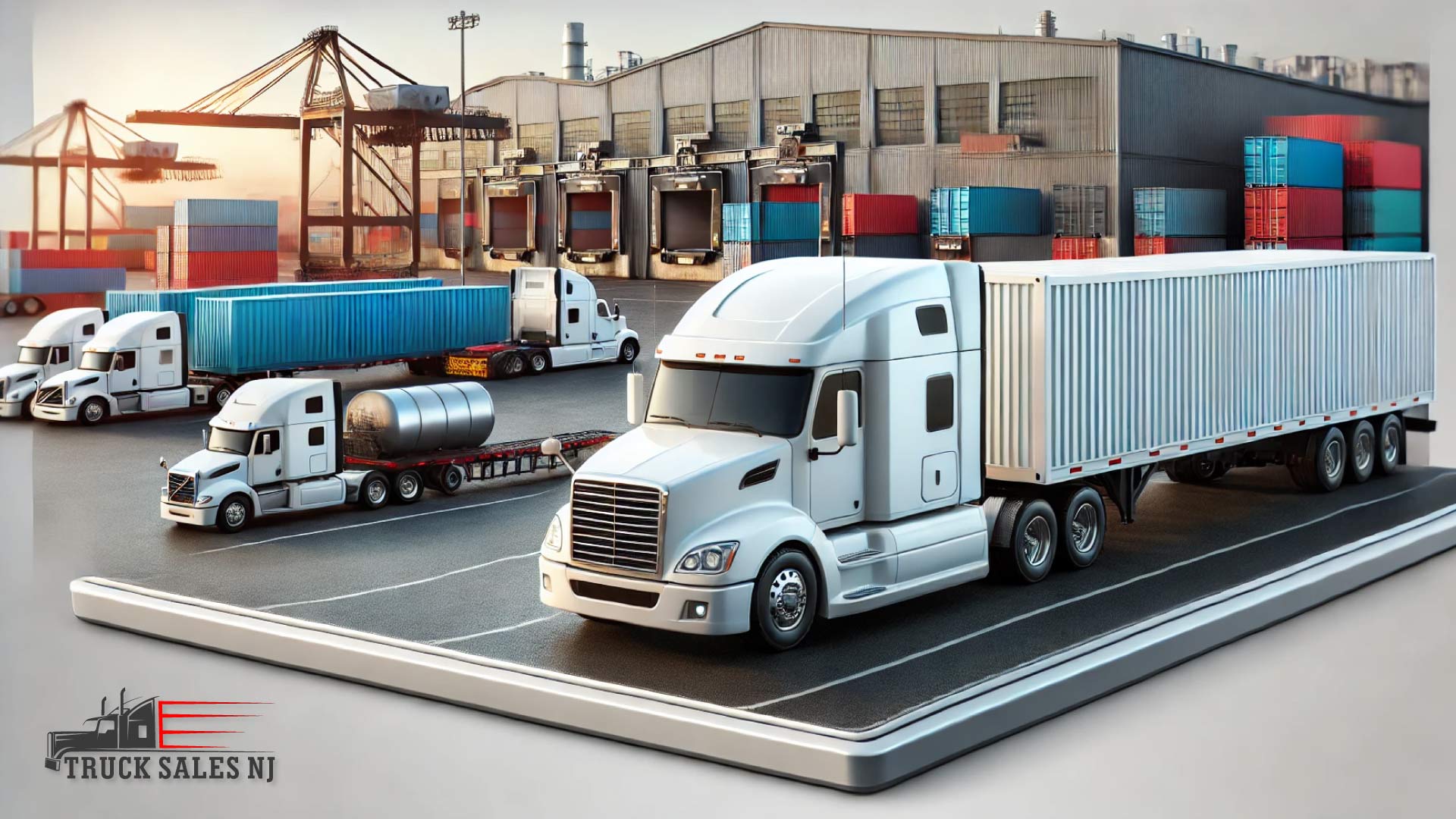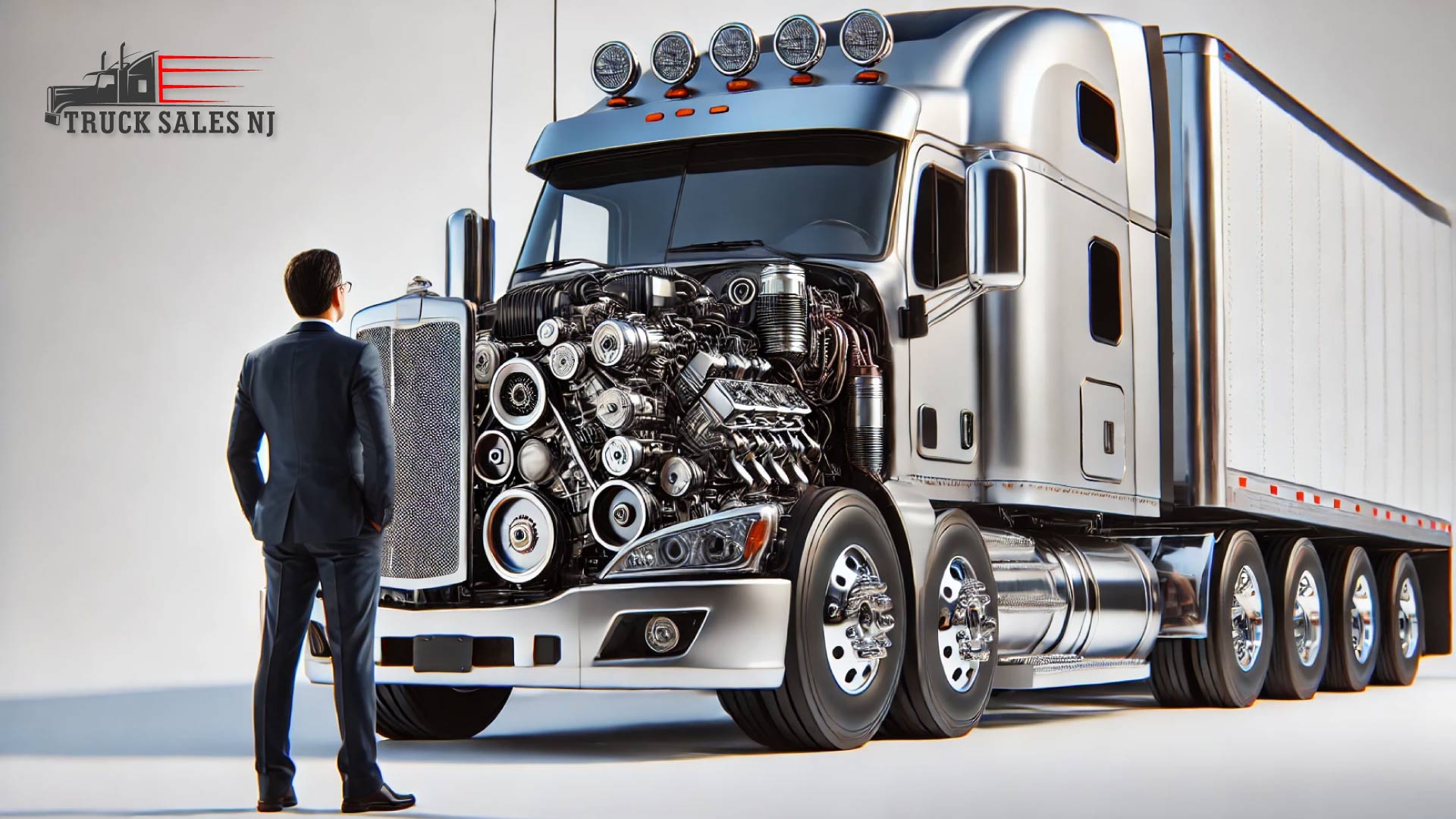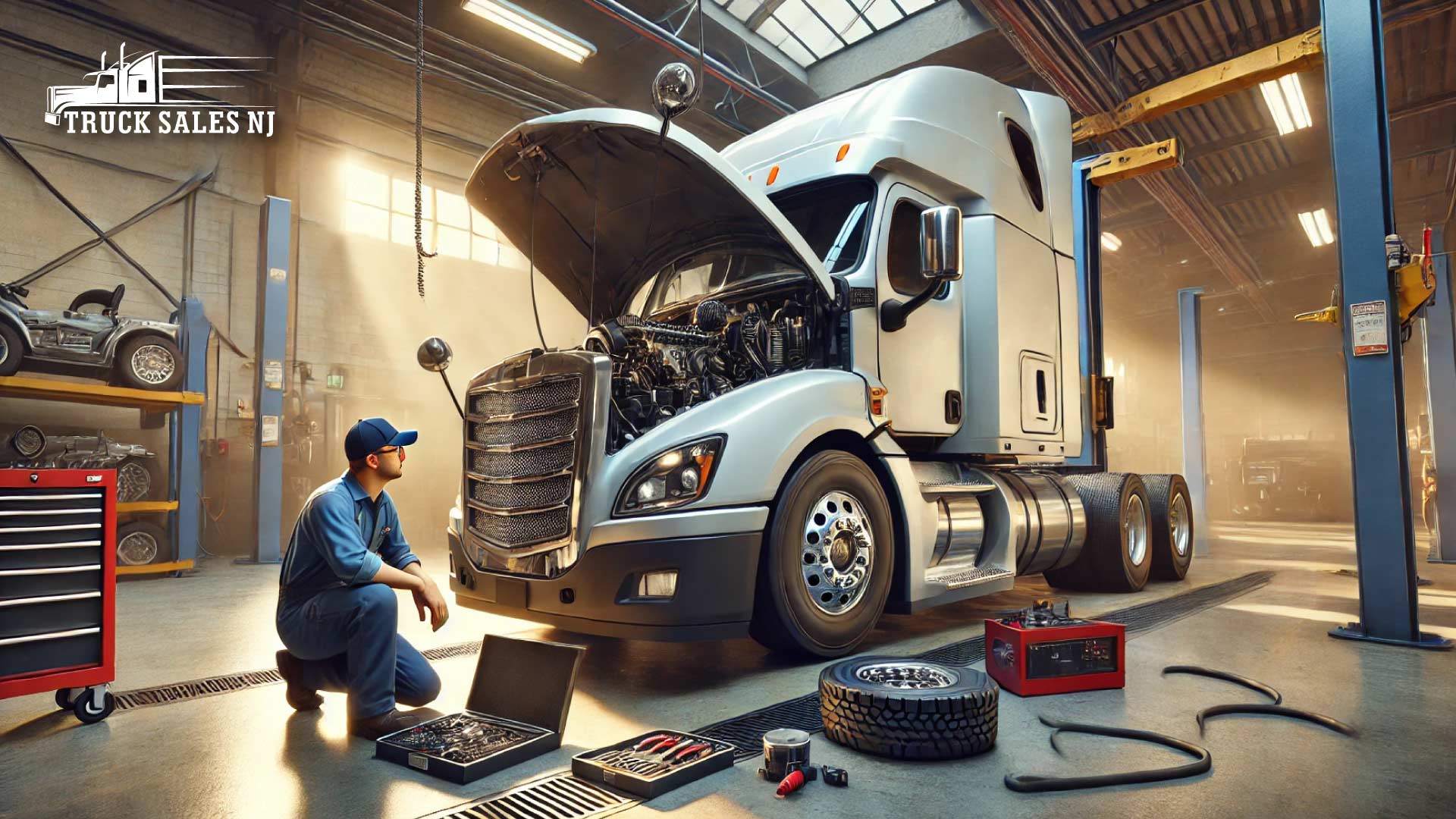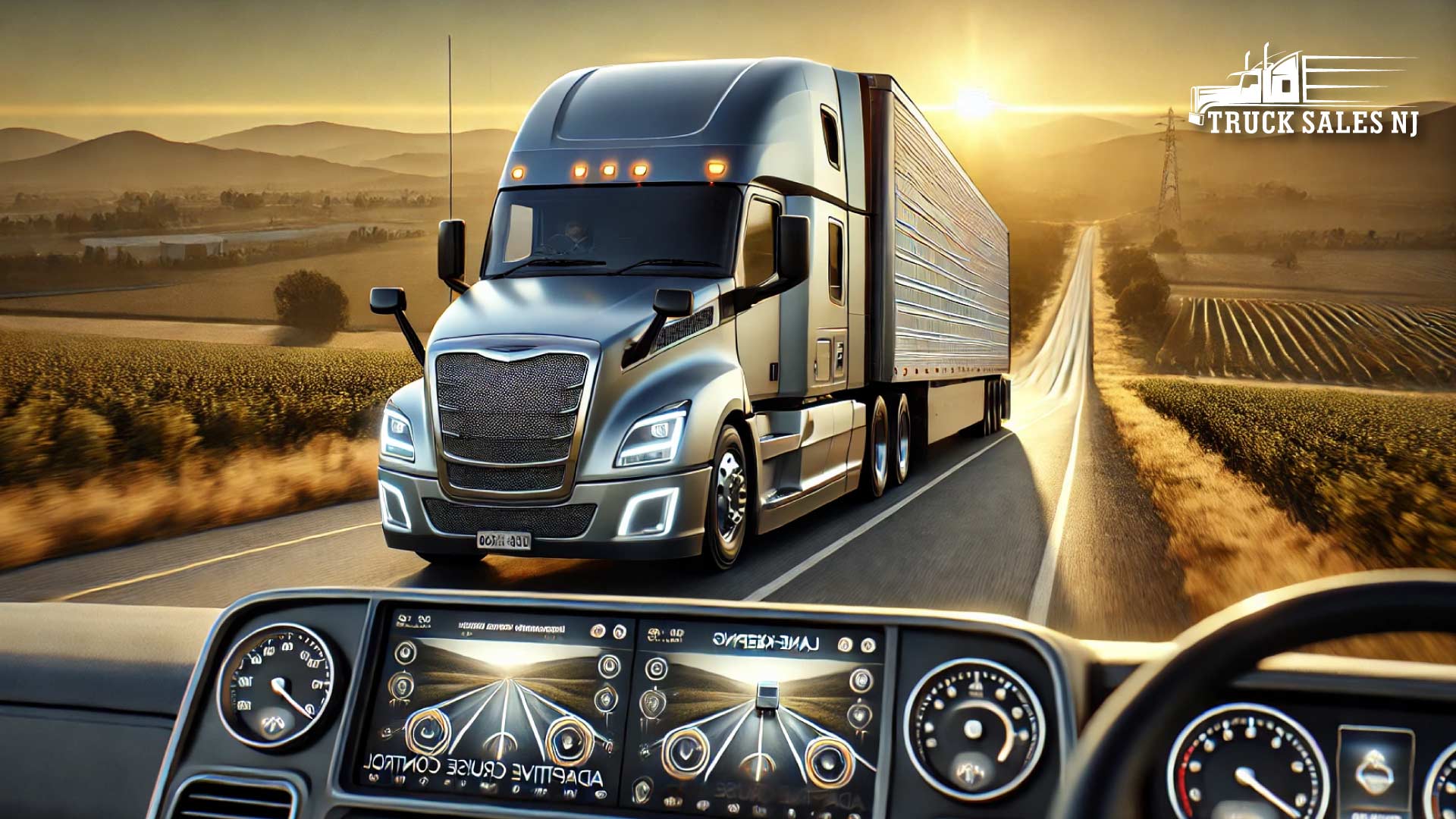As environmental concerns continue to take center stage, the commercial trucking industry is stepping up to embrace sustainability. In this blog post, we explore the growing trend of “Green Trucking” – a movement that incorporates eco-friendly practices and technologies to reduce the environmental impact of commercial trucking operations.
Eco-Friendly Fuels:
Green trucking starts with the fuel that powers these massive vehicles. The industry is witnessing a shift toward alternative fuels, such as biodiesel, compressed natural gas (CNG), and liquefied natural gas (LNG). These alternatives produce fewer emissions compared to traditional diesel, contributing to cleaner air and a reduced carbon footprint.
Electric Trucks:
The emergence of electric trucks is a game-changer in the pursuit of sustainability. Electric-powered commercial trucks are gaining traction, offering zero-emission solutions for short to medium-haul transportation. As technology advances, the range and efficiency of electric trucks are continually improving, making them a promising option for the future.
Efficient Logistics and Route Planning:
Sustainable trucking is not only about the vehicles but also about optimizing logistics. Advanced route planning and optimization tools help trucking companies reduce fuel consumption by avoiding congested routes and optimizing delivery schedules. By minimizing idle time and choosing efficient routes, companies can significantly cut down on their environmental impact.
Telematics and Fleet Management:
Telematics systems and fleet management technologies play a crucial role in green trucking. These solutions provide real-time data on vehicle performance, fuel consumption, and driver behavior. By analyzing this data, trucking companies can identify areas for improvement, implement fuel-efficient driving practices, and reduce overall environmental impact.
Cargo Efficiency and Weight Management:
Efficient cargo management is a key component of sustainable trucking. Maximizing cargo loads while maintaining weight limits helps reduce the number of trips required for transportation. This not only saves fuel but also minimizes traffic congestion and lowers emissions associated with trucking operations.
Investment in Aerodynamics and Fuel-Efficient Technologies:
Truck manufacturers are investing in aerodynamic designs and fuel-efficient technologies to enhance the overall efficiency of commercial trucks. Features such as improved trailer designs, low-resistance tires, and advanced engine technologies contribute to better fuel economy, making trucks more environmentally friendly.
Renewable Energy Solutions for Facilities:
Sustainability goes beyond the road; it extends to trucking company facilities. Adopting renewable energy sources, such as solar or wind power, for powering warehouses and distribution centers further aligns with green trucking principles.
Green trucking is not just a buzzword; it’s a commitment to reducing the environmental impact of commercial trucking operations. Through the adoption of eco-friendly fuels, electric trucks, efficient logistics, telematics, cargo management, and investments in green technologies, the commercial trucking industry is actively contributing to a more sustainable future. Embracing these practices not only benefits the environment but also positions trucking companies as leaders in responsible and forward-thinking transportation solutions.













